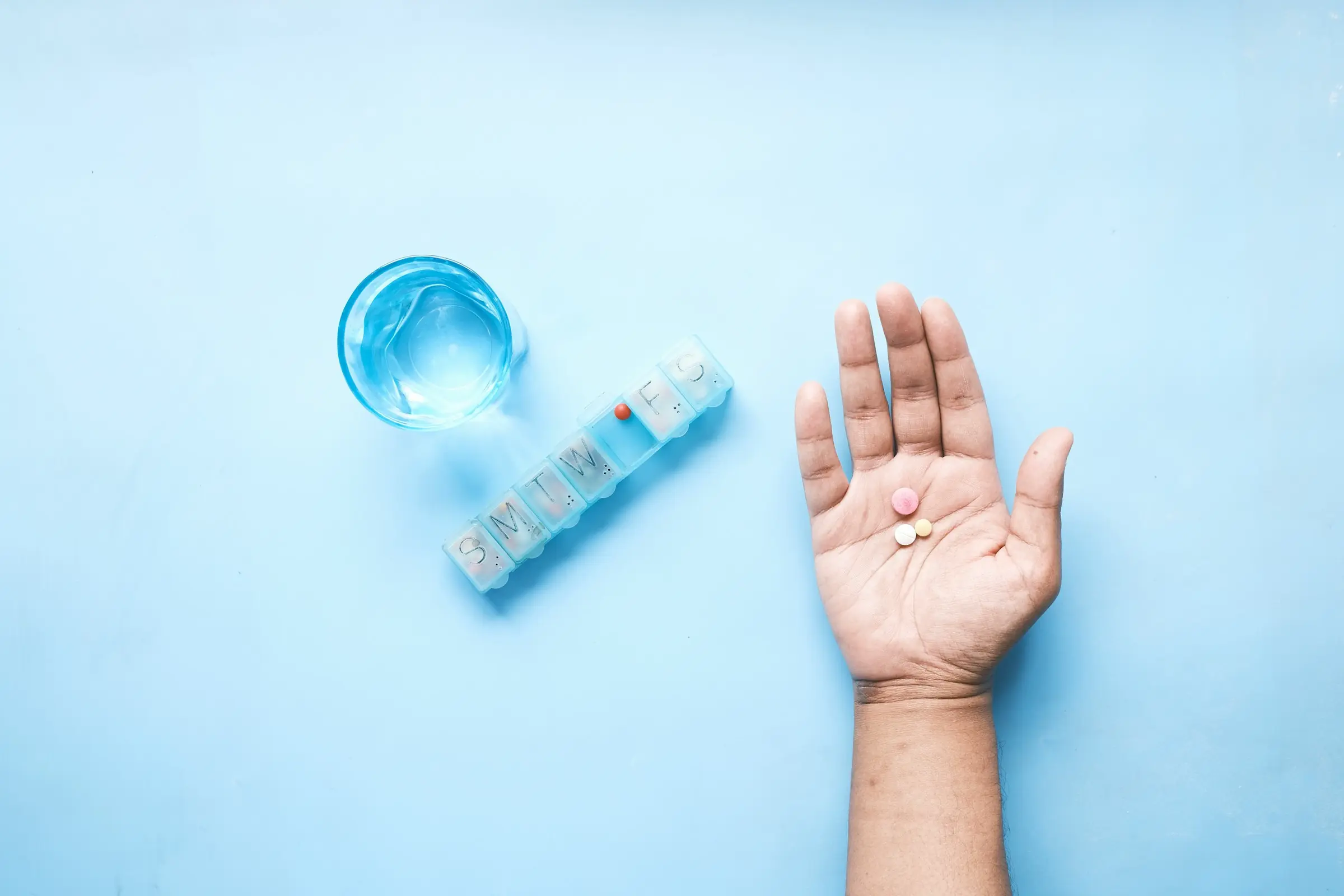The problem with natural sleep aids: National Geographic summary and Peter Attia’s research
December 19, 2023

Many of us look for quick and easy ways to improve our sleep — and why wouldn't we? We're busy, and we need to sleep.
It's tempting to reach for natural supplements, but often, at best, the evidence is limited or suggests placebo, and at worst, these aids can be detrimental to our natural body processes.
Some takeaways from National Geographic's recent summary:
- Chamomile: There is little evidence to suggest effectiveness. It may be effective for older adults but is likely a placebo.
- Melatonin: It should only be used short-term as supplementing may reduce natural production. Note that an exception for this is in some older adults where natural melatonin production has waned. Another warning for children is that dosage amounts of melatonin can vary drastically from the label, so use caution when giving it to children. More on the sensitivity for children from Dr. Peter Attia here.
- Tart Cherry Juice: It lacks evidence that it is effective; however, it is high in natural melatonin and some small studies show mild improvement in older adults. Use with caution, similarly to melatonin.
- Magnesium: There is some, albeit limited, evidence that it may improve sleep, mainly by reducing mild anxiety.
- Valerian Root: This is a mild sedative and native herb to Europe and Asia. Studies have contradictory results; some show it may help you fall asleep faster, while others find no significant effect.
- CBD (Cannabidiol): Studies suggest it might reduce pain and anxiety, but the direct effects on sleep are unclear. Research is ongoing to determine its efficacy for insomnia.
A note about sleeping pills:
Sleeping pills are actually a sedative, but they don't promote natural sleep.
Here's the difference:
- During natural sleep, you cycle through critical, restorative processes that heal and enhance the brain and body.
- On the other hand, a sedative causes you to feel drowsy, reduces stress, and powers down your prefrontal cortex. Making it sound like sleep. But not quite!
Sleeping pills mimic natural sleep, but their effects do not support your natural sleep system, and you do not undergo the restorative processes that happen during real/natural sleep.
While a doctor may advise sleeping pills for short-term use to help break the cycle of tossing and turning, sleeping pills can also become addictive and can be dangerous if you have to wake up in the middle of the night for an emergency. You should never drive a car or operate machinery after taking a sleeping pill.
As always, consult your doctor for any questions about your health or medications.